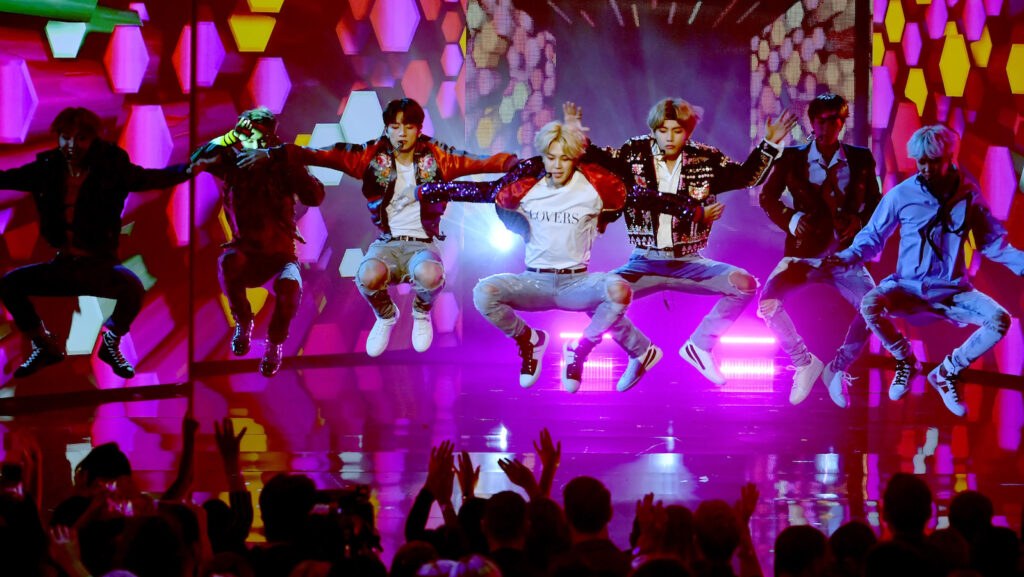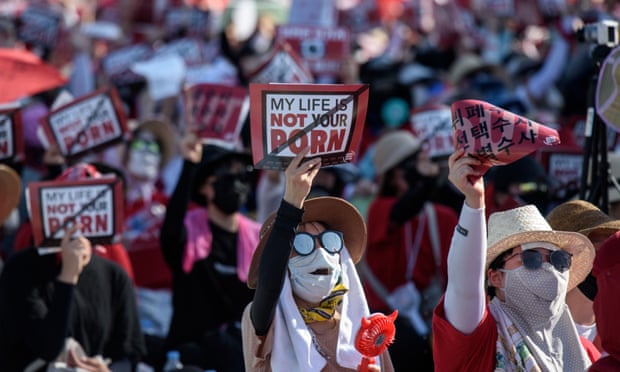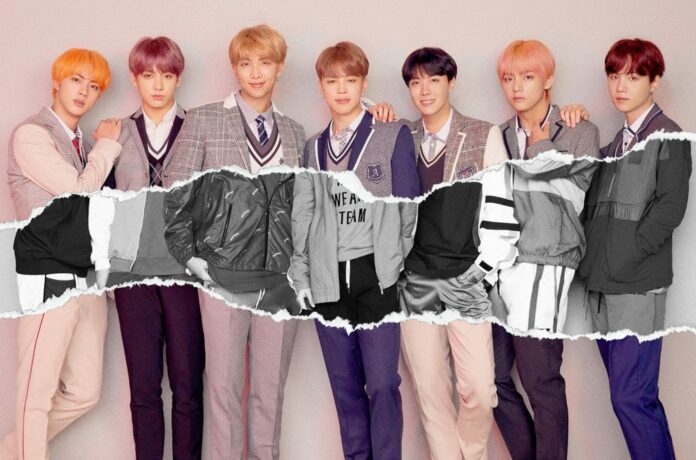By Theofanis Fousekis,
The hard part starts after someone has been recruited. Firstly, they sign a long-term contract of 5 or 6 years, better known in the industry as the “slave contract”. Why do they refer to them in such a manner? Easy. Because from the moment the person signs the contract, the studio takes ownership of his/her life. Studios do not allow the trainee to have a dating life as he/she has to be devoted to the fans and create a sense of accessibility to them. They are not allowed to see their family and they are even required to lose every bit of public contact they have had. At the same time, many studios go as far as to confiscate the phones of trainees in order to keep them focused to their work.
The daily program of a trainee consists of waking up early and going to sleep late. During the day they have many responsibilities to undertake. An example of a K-pop trainee program could be: They wake up around 6 am in order to study their homework, as they do not have much time during the rest of the day. After that, there is vocal and dancing practice. They train usually more than 8 hours in both subjects. After a brief lunch, there are 2 to 3 hours of Korean lessons and study time. The rest of the day they have to practice either solo or with their assigned group members by renting a dance salle outside of the studio’s premises until midnight. Sleeping time is usually between 02:00 am to 06:00 am.
Some K-pop idols have described their life circle as: “Gym, studio, bedroom”. In addition to their excessive training, each trainee has to follow a restricted diet in order to follow the intense beauty standards imposed by Korean society in general, and especially by the industry. Let us not forget that South Korea boasts the highest number of cosmetic procedures per capita worldwide with more 600 clinics in Seoul and more than 600.000 people undergoing a surgery every year. Under this stereotype, women idols have to be 50 kg or less while male idols tend to be around 60 kg. All this training and pressure to be perfect leads many of them to physical and mental exhaustion.
To add to all of these gruesome techniques, many studios do not pay they trainees from the moment they are signed. On the contrary, they have a “break even” system in which all the money earned by its idols go towards paying back the money invested in them during their training. In other words, their payment is the lessons offered to them while under contract. In a sense, when they sign, a debt starts to pile up and many idols have to find part-time jobs on the weekends in order to survive.
They do not get paid until after they debut, which may take up to 5 years since they first became trainees. Thus, from the very first moment they are forced to spend their own personal savings for necessities, except the accommodation and food that is usually offered. Even after the debut of the group, companies tend to keep money from the stars as a way of repayment, not only for the money invested in them but also for other reasons such as booking the venues, traveling and food. If the expenses are more than the earnings then the stars have to pay them back. In the end, many stars have publicly admitted that in a tenure of 3 to 5 years, they made around 500 dollars per month until they debuted. But even after their debut most earning went back to the company.

Performance by BTS in a weekly televised show
Even though this is the reality that many people live in, we must not forget that each one of these individuals decided to invest this much to this path. Surely, some have succeeded. BTS -who recently became the first K-pop band to receive a Grammy Award and the first group to have a non-English language song at number 1 on a Billboard chart- and BLACKPINK -the first ever K-pop band to perform on the grand stage of Coachella-, represent Koreans finest craftsmen of a boys and a girls K-pop group respectively. BTS all alone bring almost 3 billion dollars of revenue in South Korea every year.
Recently though things have taken a darker turn as headlines were made when stars started committing suicide. In October 2019, K-pop star Sulli who publicly fought against the K-pop mold, was found dead in her apartment. Before that, she had made her relationship with her boyfriend public and she dared to walk outside without a bra thus contradicting the K-pop’s clean image. The same thing happened with artist Kim Jong-hyun in 2017.
“In order to get ahead in Korea, you have to step on someone else”, says Justin Shin, a fashion photographer who works closely with many K-pop idols. He continues by saying that: “All their lives are exposed to the public eye. Thus, they are constantly being tested, evaluated and scored over their actions.” Verbal abuses, sexual harassment and cyberbullying are some common behaviors that these people are forced to endure during their tenure. As a result, expect the mental and physical pressure, these people also have to face the worst aspect of society: criticism. Especially female stars cannot deviate even slightly from the strict expectations about appearances.

All these behaviors tend to break the human spirit and drive the person to unthinkable actions. In March 2019, for example, several renowned male K-pop stars, were accused of a spy-cam sexual abuse scandal, which had taken a toll in Korean society in 2018 as similar cases multiplied by the day. At that time, women took over the streets and protested against “spy-cam porn.” In the end, they were convicted to 5 and 6 years of prison sentences for their crimes of gang raping drunk, unconscious women. K-pop tries to present a cleansed image of its society as kindhearted and generous. But the sad reality of patriarchy, sexism and beauty stereotypes which sovereign over it cannot be hidden.
In the end, K-pop has indeed crossovered from Asia to the whole world. Except the grand revenue sums it brings to the country, it also brings pride. The perfect performance and the perfect men and women that we see on stage conceal the intense training system and the hardships they live through in order to reach their goal. On the one hand, it really is a music genre that captivates the audience and influences people. On the other hand though, the dark side of the industry has really started to shown, which leaves an open door as to how this industry will survive and evolve in the future.
References
Los Angeles Times: HS Insider, Opinion: The frighteningly dark side of the K-pop industry. Available here.
Cosmopolitan, The K-Pop Cover-Up. Available here.
Bloomberg Businessweek, The Dark Side of K-Pop: Assault, Prostitution, Suicide, and Spycams. Available here.




